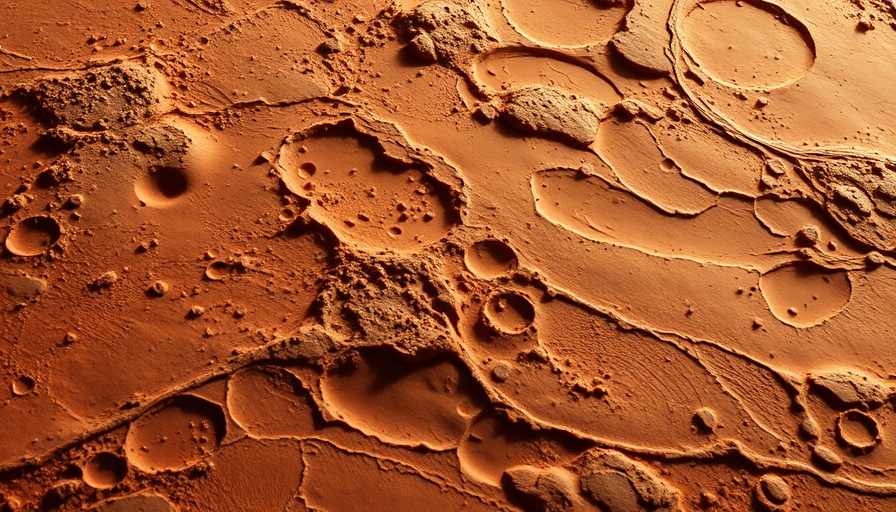
The Quest to Understand Mars' Climate Evolution
Recent technological advancements have paved the way for a fascinating exploration of Mars’ climatic history. Researchers like François Forget from the Pierre Simon Laplace Institute are spearheading an ambitious project known as Mars through Time, aiming to construct a virtual model of the planet. This simulation seeks to decode the intricate history of Mars, particularly the climate fluctuations that might have once made it suitable for life.
Unraveling the Mysteries of Martian Habitability
The first question on many minds is whether Mars was ever habitable. Earth scientists are intrigued by evidence suggesting that, billions of years ago, Mars had conditions akin to early Earth. Forget points out that geological remnants of ancient lakes and rivers paint a picture of a once vibrant world.
Currently, the climate model strives to simulate details from these ancient periods. Scientists are eager to understand the climatic processes that transformed Mars from a wet landscape to its current dry and barren state. However, significant challenges remain, primarily due to the massive computing power required for accurate simulations.
Mars: From Warmth to Ice Ages
Understanding Mars' climatic processes necessitates analyzing its changing atmosphere over billions of years. The planet's obliquity—its axial tilt—as well as volcanic activity, are crucial factors that supported a once-thick atmosphere potentially conducive to liquid water.
Forget emphasizes that understanding these atmospheric shifts and ice age cycles will not only unearth Mars' history but contribute insights applicable to exoplanets orbiting distant stars. As we explore the limits of habitability, lessons from Mars may redefine our search for life beyond our solar system.
Technological Breakthroughs Making History
This endeavor isn’t just a scientific curiosity; it’s a collaboration involving cutting-edge technology. The virtual model aims to evolve alongside the planet’s climatic changes, giving researchers access to unprecedented historical data. Forget, who has overseen the project since 2019, believes that the forthcoming simulations could revolutionize current perceptions of Mars.
As he asserts, "Now I know it's possible;" the end goal is a reliable and versatile tool for the scientific community to visualize and understand the red planet as it changed over millennia.
What Lies Ahead for Martian Research?
As the Mars through Time project progresses, its findings may shed light not just on Mars but on climate dynamics of other planets. This cross-planetary research can harness valuable insights into how planets evolve and stabilize liquid environments, which is critical for the existence of life.
While the project wraps up in late 2025, the implications of this research will ripple through future explorations of terrestrial and extraterrestrial climates.
Call to Action
Stay updated on cutting-edge research and developments in space technology. Understanding Mars not only reveals secrets about our nearby planet but also informs broader scientific inquiries about life beyond Earth. Sign up for newsletters or social media updates from leading space and research organizations to explore the latest breakthroughs.
 Add Row
Add Row  Add
Add 




Write A Comment